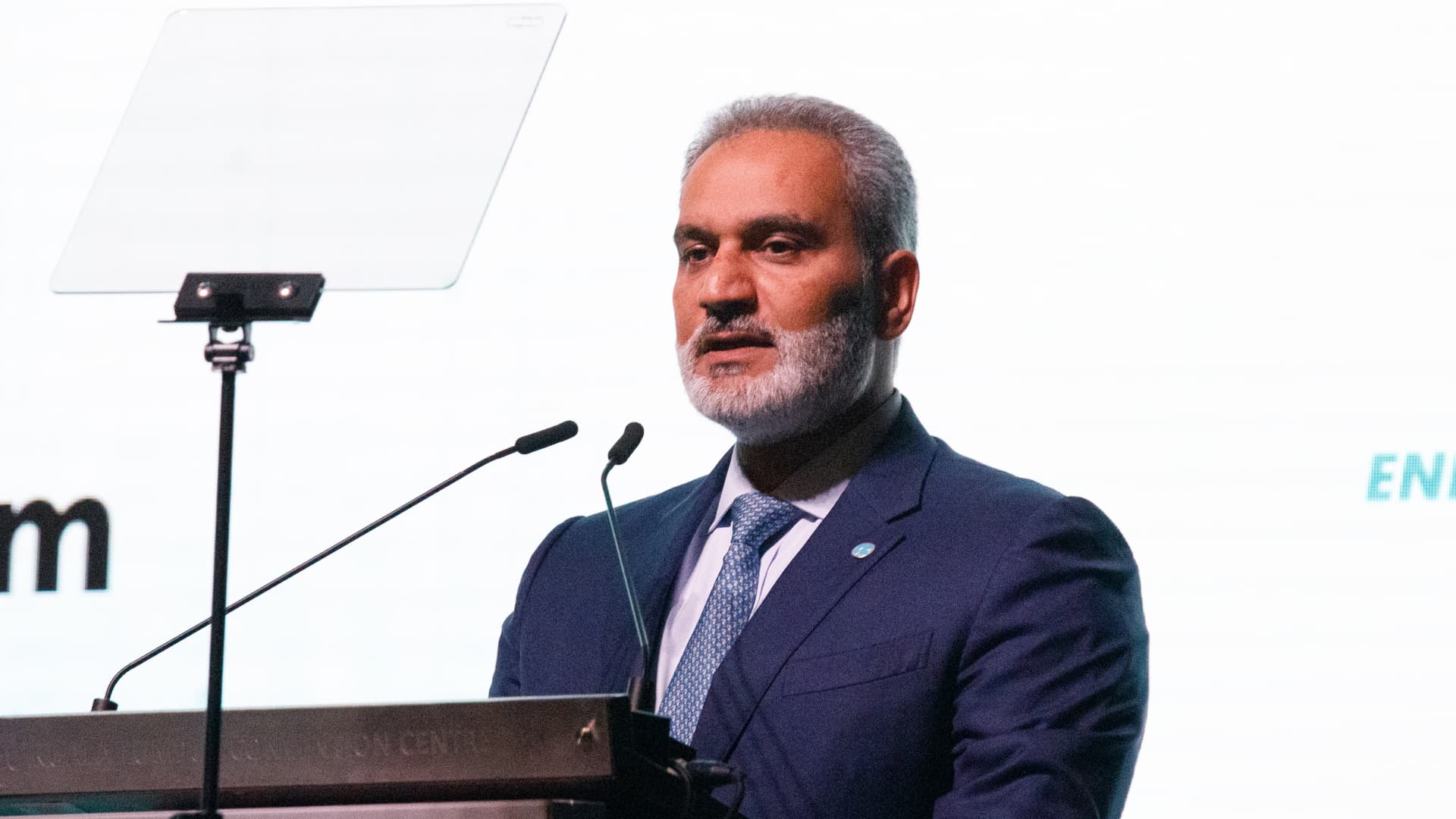Haitham al-Ghais, the secretary-general of the Organization of Petroleum Exporting Countries (OPEC), expressed the alliance’s openness to welcoming new members during his speech at the Energy Asia Summit on June 26, 2023. This statement indicates OPEC’s active efforts to expand its coalition and increase its influence in the global oil market.
Currently, OPEC consists of 13 members primarily located in the Middle East, North and West Africa, and South America. These countries coordinate their oil production to manipulate prices and maintain market stability. However, in 2020, Ecuador left the group due to political circumstances. In May, Ecuador received an invitation to rejoin OPEC, emphasizing the organization’s priority to have Ecuador back in the OPEC family.
Haitham al-Ghais did not disclose the names of potential new members during the conference. However, he did mention his recent visits to oil-producing countries such as Malaysia, Brunei, Azerbaijan, and Mexico. While he clarified that these visits did not necessarily involve inviting those countries to join OPEC, it suggests that the organization is actively engaging with potential new members.
Previous speculation had arisen regarding Guyana’s potential membership in OPEC. However, the country has not received an invitation to join as of late June. When asked about the requirements to become an OPEC member, al-Ghais stated that countries must be substantial net oil exporters and share similar goals as OPEC. These criteria are clearly outlined in the organization’s statute. According to al-Ghais, many countries he mentioned meet these qualifications, indicating that progress is being made in expanding OPEC’s membership.
During the OPEC seminar conference in Vienna, held on the sidelines of the Energy Asia Summit, no new policies were announced. However, OPEC ministers expressed their appreciation for the additional oil production cuts implemented by Saudi Arabia, Russia, and Algeria, who are members of the OPEC+ group. Saudi Arabia and Moscow decided to extend their voluntary production cuts, while Algeria also announced a reduction in production for August. These actions demonstrate unity among coalition members and their commitment to stabilize the oil market.
Haitham al-Ghais emphasized that the voluntary production cuts made by some OPEC+ members do not indicate a fragmentation or division in the organization’s policy views. He stated that these decisions are made by sovereign countries and are seen as additional contributions to the collective effort. The ongoing uncertainty caused by economic factors and the lingering effects of the COVID-19 pandemic continues to impact the oil price landscape. Al-Ghais highlighted the need to monitor economic conditions and the potential for China’s reopening and improved conditions in Europe and the United States to positively influence the market.
To prevent energy supply deficits, al-Ghais stressed the importance of simultaneous investment in fossil fuel projects and renewable energy. Despite concerns about global underinvestment in hydrocarbons, he expressed confidence in OPEC’s ability to respond to supply crises due to its spare capacity and member countries’ ongoing investments. However, al-Ghais emphasized that this responsibility cannot be shouldered by OPEC alone and requires collective action from all stakeholders.
Suhail al-Mazrouei, the energy minister of the United Arab Emirates, also emphasized the importance of investment and supply availabilities in balancing the medium and long-term supply outlook. He expressed concerns about the level of investments in the market and highlighted the need for a balanced supply-demand relationship.
In May, the International Energy Agency predicted a tight supply market in the second half of the year, with demand expected to exceed supply by almost 2 million barrels per day. These forecasts emphasize the need for proactive measures and collaboration among key players in the oil market to ensure stable and sustainable energy supply.
Denial of responsibility! VigourTimes is an automatic aggregator of Global media. In each content, the hyperlink to the primary source is specified. All trademarks belong to their rightful owners, and all materials to their authors. For any complaint, please reach us at – [email protected]. We will take necessary action within 24 hours.


